Medical Careers — A Glimpse into the Healthcare Profession
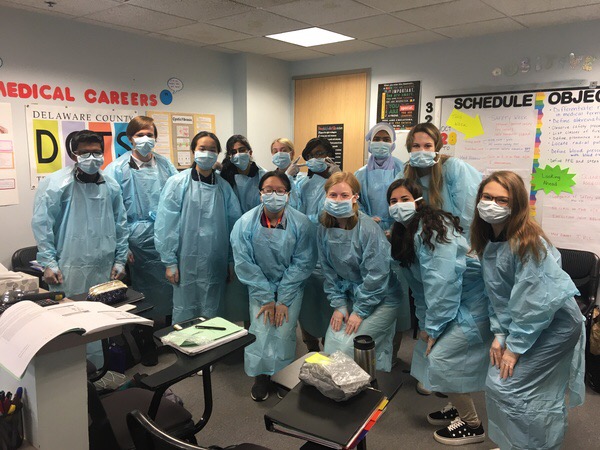
Sara Connolly-Smith, Medical Careers Instructor
Students from Haverford and Radnor High Schools learn how to properly don PPE (personal protective equipment) in clinical units at Lankenau Medical Center. Top Left to Right: Hersh Parikh, Connor Murray, Gina Ngo, Mehek Thapar, Nicole Shreiber, Marisa Torh, Rimsha Maryam, Emily Scott Bottom Left to Right: Katie Nguyen, Kylie Slupe, Leighton O’Sullivan, Nicolle Lomazoff
Medical Careers is a year-long course sponsored by the Delaware County Intermediate Unit in the school of Health and Biosciences. Incoming seniors who are interested in the program must go through an application and interview process during the spring of their junior year. At one of six area hospitals — Crozer-Chester Medical Center, Bryn Mawr Hospital, Mercy Fitzgerald Hospital Lankenau Medical Center, Taylor Hospital, Delaware County Memorial Hospital — students engage in medical lectures and clinical rotations each week. The curriculum includes anatomy and physiology, infection control, medical law and ethics, and medical terminology. Some of the units that students rotate in are the Emergency Room, Surgical ICU, Cardiac ICU, Labor and Delivery, and Pharmacy. Through symposiums and guest speaker presentations, students learn about the vast career options in the medical field from physicians, nurses, pharmacists, therapists, and technologists. Several alumni of the Medical Careers program from the Class of 2020 have some insights and advice for future students.
Sophia Carr, Student at Mercy Fitzgerald Hospital
1. Why did you join Medical Careers, and what did you expect to gain out of it?
I decided to apply to the Medical Careers Program because I knew that I wanted to do something in the medical field when I got older, but I wasn’t sure exactly what. I expected Medical Careers to be held mainly in a classroom environment with some clinical rotations and was hoping to be able to determine based on these exposures what career path interests me most.
2. What was your favorite lesson and/or clinical rotation?
My favorite clinical rotation by far was the Operating Room (OR). I got to spend the whole school day there and saw different surgeries such as a gallbladder removal and an abdominal hernia repair. I’ll never forget when one of the surgeons removed the gallbladder from the patient and let me walk up next to him to see it, it was the coolest thing ever.
3. Was it worth it to wake up extra early to go to the hospital each day?
While some days it was definitely harder than others to wake up and get going, overall it was definitely worth waking up early for Medical Careers. To be granted the opportunity to learn about topics that interest me, as well as actually shadow numerous different departments of the hospital, beat any other class I could have taken at Haverford instead.
4. What was the most challenging aspect of Medical Careers for you?
I didn’t really find Med Careers to be too challenging. However, sometimes the assignments we got in Med Careers would collide with bigger assignments I got from my Haverford classes, and balancing all that caused some stress.
5. What advice do you have for incoming Medical Careers students?
I would tell future Med Careers students to walk into the program with an open mind. You’re going to go on tons of different clinical rotations and some will interest you while others won’t, but don’t get discouraged because of this. Try your best to take advantage of the resources this program offers whether it be something like getting to know the healthcare workers at the hospital or learning basic patient care techniques.
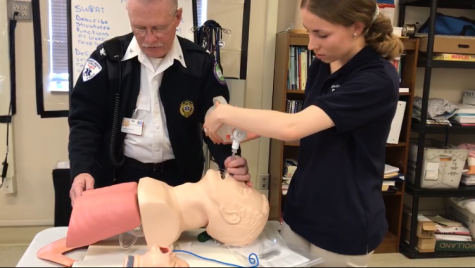
Mia Ciancio, Student at Mercy Fitzgerald Hospital
1. Why did you join Medical Careers, and what did you expect to gain out of it?
I joined Medical Careers because I want to go into the medical field after college. I did not exactly know what I wanted to do and I thought Medical Careers would give me exposure to different professions in the medical field to help me decide what I want to do.
2. What was your favorite lesson and/or clinical rotation?
My favorite clinical rotation was probably going to the OR. We had a full day in the OR, so I got to see a full Coronary Artery Bypass Graft (CABG) — an open-heart surgery — from when the patient was admitted to when his chest cavity was closed.
3. Was it worth it to wake up extra early to go to the hospital each day?
On some days, it was really tough getting up that early. We would all sleep on the bus ride there, which helped a little. Also, if you plan on driving to school and parking at school, it’s basically the same time you would need to get there for a parking spot. If it is a clinical day, it is easier to get up because it is exciting. If it is a classroom day, good luck staying awake.
4. What was the most challenging aspect of Medical Careers for you?
Learning and memorizing all of the medical abbreviations and terms was hard. A lot of them have similar meanings, so it is difficult to keep them straight.
5. What advice do you have for incoming Medical Careers students?
My advice for future students is to ask a lot of questions when you are on your clinical rotations. It might seem scary, but you need to make the most of shadowing. If you are with a nurse, ask her if you can help move patients or listen to their vitals. It will make your experience 10 times better.
Kayla Cobb, Student at Mercy Fitzgerald Hospital
1. Why did you join Medical Careers, and what did you expect to gain out of it?
I joined Medical Careers because I have always had a strong interest in science and medicine, and I wanted to figure out what path I would be interested in. Coming from a family of all Business majors, I was never exposed to anything pertaining to the medical field. So, I thought it would be an amazing opportunity to get exposed to these different careers and give me an idea of what I would be interested in during the upcoming years.
2. What was your favorite lesson and/or clinical rotation?
My favorite clinical rotation was definitely the OR. I was able to spend an entire school day at the hospital to watch an open-heart surgery, more specifically a mitral valve replacement. It was such an amazing experience to be able to stand next to the anesthesiologist and watch a live heart beating in the patient’s chest. This experience was definitely a highlight for me.
3. Was it worth it to wake up extra early to go to the hospital each day?
Although it was hard to wake up early to catch the bus on most days, it was definitely worth it to be able to attend a class like this. All you need are a large cup of coffee and a nap on the bus.
4. What was the most challenging aspect of Medical Careers for you?
The most challenging aspect of Medical Careers was putting myself out there. In a new environment full of adults and patients, it is easy to feel like the smallest fish in the sea while wearing khakis and a polo. However, as it went on, I realized I have to act as a sponge because I am there to gain as much information as possible. My mentors are there to guide me. I would not have gotten this opportunity anywhere else, so I have to take advantage.
5. What advice do you have for incoming Medical Careers students?
My advice to incoming students is to treat this class like any other class, but also apply yourself during clinical rotations. You may find something you really enjoy or you may decide that medicine is not for you. Either way, you should enjoy it and take advantage of it. This is an opportunity you may never get again.
Gina Ngo, Student at Lankenau Medical Center
1. Why did you join Medical Careers, and what did you expect to gain out of it?
I joined Medical Careers because the program was the perfect opportunity for me to dive deep into my passion for medicine at a young age. As an active volunteer at two hospitals in Center City, Philadelphia, I wanted to expand my exposure across multiple clinical units. I wanted to observe surgeries and learn more about the intricacies of the medical field. I knew that I would not have this opportunity otherwise until medical school.
2. What was your favorite lesson and/or clinical rotation?
My favorite clinical rotation by far is the OR. I was lucky to be able to observe a CABG (coronary artery bypass graft) and valve replacement two days prior to the school closure in March. This was especially fitting because I had just finished studying the cardiovascular system in class. I also had the opportunity to watch the entire procedure of a cesarean section in the Labor and Delivery OR. I was truly impressed by how easy the surgeons made the operations look!
3. Was it worth it to wake up extra early to go to the hospital each day?
Despite the amount of sleep my classmates and I lost during our senior year, waking up early was 100% worthwhile. I was motivated to do so every weekday, knowing that I was going to learn about medicine in a real hospital environment. Though sometimes waking up may be difficult, it definitely gets easier after the first few weeks.
4. What was the most challenging aspect of Medical Careers for you?
The most challenging aspect of Medical Careers was balancing the sometimes heavy load of assignments with my college applications, extracurricular activities, and other homework at Haverford. Nonetheless, the busy schedule allowed me to practice for my future venture into the medical field by teaching me how to manage my time.
5. What advice do you have for incoming Medical Careers students?
Take the initiative to ask as many questions as you can, whether you are listening to a lecture about an organ system, watching a surgical procedure, or training to perform CPR. Take advantage of this rare opportunity that you get to have. Every time you learn a new term or disease, research it. This will prepare you for a future career in medicine!
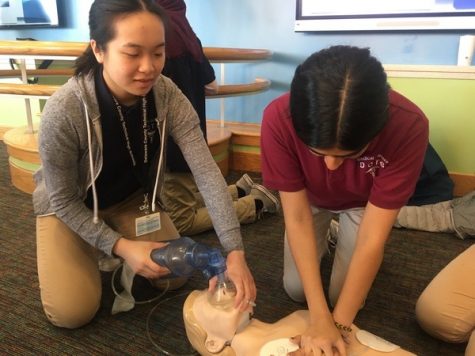
Hersh Parikh, Student at Lankenau Medical Center
1. Why did you join Medical Careers, and what did you expect to gain out of it?
I joined Med Careers because I have been interested in the medical field since I was in 6th grade and hope to become a physician one day. I expected to gain a greater understanding of different healthcare professions and exposure to different hospital settings from the course.
2. What was your favorite lesson and/or clinical rotation?
My favorite clinical rotation was the OR, where I had the opportunity to see an open-heart surgery. I felt like getting to see a surgery was a very unique opportunity that not many students get until college, or even medical school.
3. Was it worth it to wake up extra early to go to the hospital each day?
I felt like it was worth waking up early for the program. After a certain amount of time, waking up early becomes routine and you don’t even think about it.
4. What was the most challenging aspect of Medical Careers for you?
The most challenging aspect of Med Careers for me was during the fall season when I was balancing college applications, competition marching band, and the course along with all of my other school work. Although I lost sleep, I felt like it taught me how to balance a busy schedule, a skill necessary for a healthcare profession.
5. What advice do you have for incoming Medical Careers students?
For incoming Med Careers students, the advice I have is to stay on top of your work and to not be afraid to ask questions — especially during the clinical rotations. It is really rewarding to see procedures and hear terminology you learn about in the classroom applied in a real medical setting. A good way to further your knowledge about the topics is to ask questions.
Marisa Torh, Student at Lankenau Medical Center
1. Why did you join Medical Careers, and what did you expect to gain out of it?
I joined Medical Careers in order to further my knowledge on healthcare and the science behind all of it. I realized that even though it is not a popular career path in my family, I took a genuine interest in it. It appealed to my curiosity, satisfied my creative side, and balanced reality with hands-on work. It was overall mentally stimulating, which is what attracted me to the program.
2. What was your favorite lesson and/or clinical rotation?
My favorite lesson is so hard to choose from. I really enjoyed the cardiology unit, as well as the infection control and microbiology unit. As for my favorite rotation, I would have to choose two again: the OR and the laboratory unit.
3. Was it worth it to wake up extra early to go to the hospital each day?
It was totally worth the early wake-up! Each day, I looked forward to hopping on the bus and going to class to feed that curiosity about the body. It felt like hopping on to the Magic School Bus!
4. What was the most challenging aspect of Medical Careers for you?
The most challenging aspect of Medical Careers would be trying to determine the career path that best fits me. Being presented with so many options has made me much more aware of which is right for me. Although it is pretty early to choose my career path, it is great to have a good idea of it.
5. What advice do you have for incoming Medical Careers students?
My advice for incoming students is to truly want this opportunity and come in with an open mind. Taking Anatomy and Physiology as a course at the high school simultaneously with Medical Careers during the first and second quarters will truly help you. Please take advantage of it!



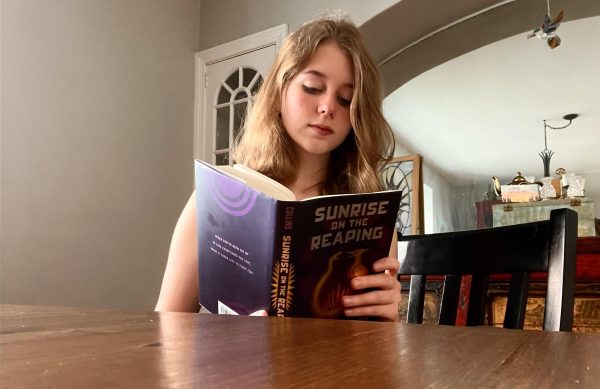
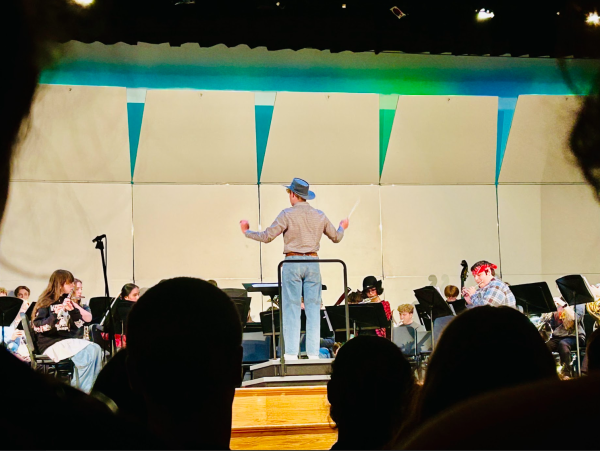

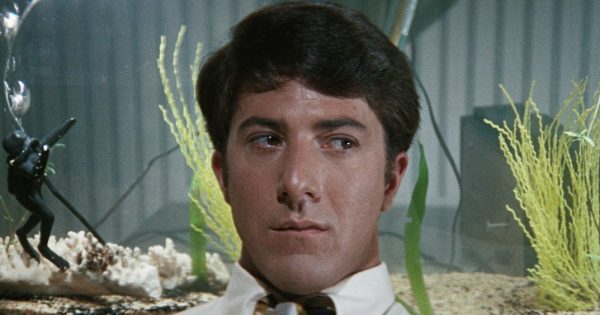
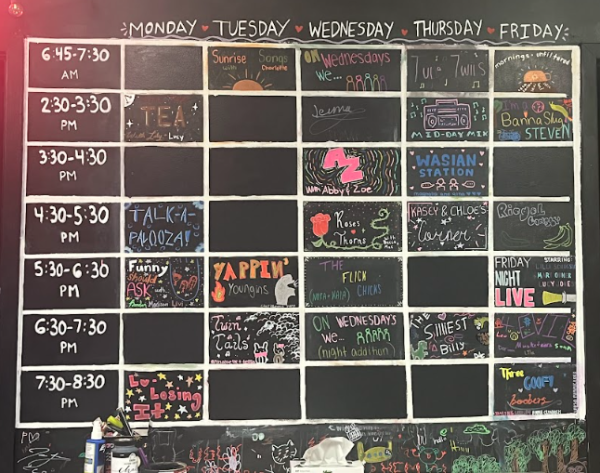



Kim K Vindler • Jun 18, 2020 at 12:46 pm
I think that this article can be a great resource to parents, students and counselors. I specifically like that opinions from different students were shared and so that we can learn about their similarities and differences.
Thank you!!!